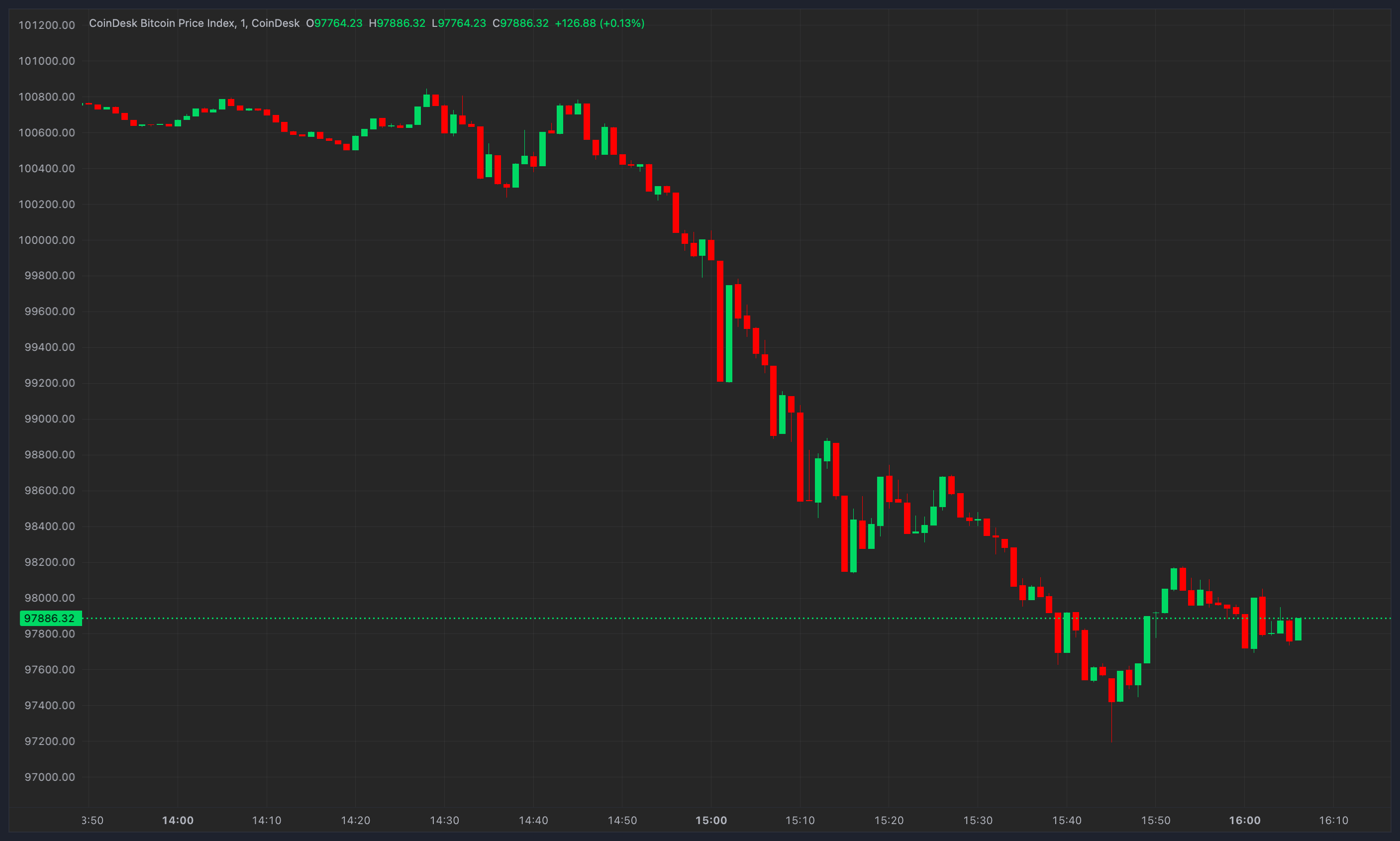When the Chinese government judges a sector important and sets about shaping its development, it turns to a tried-and-tested economic strategy: industrial policy.
Now China is bringing that strategy to the metaverse.
The Chinese Ministry of Industry and Information Technology (MIIT) this week published a 12-page plan (link in Chinese) on developing the virtual reality (VR) sector and integrating VR with industrial applications like manufacturing.
The world’s first national metaverse industrial policy?
The MIIT document is China’s first national-level development plan for the VR sector, according to the financial news site Yicai (link in Chinese). Previously, official efforts to direct state resources towards developing a metaverse mostly took place at the city level.
MIIT did issue a set of “guiding opinions” on developing the VR industry back in late 2018 (link in Chinese), but that document predated mainstream discussions of the metaverse, which didn’t take off until Facebook (now Meta) and Microsoft began publicly discussing the concept in 2019.
How supply chain disruptions will affect the metaverse
Although the latest document doesn’t explicitly use the term “metaverse,” it does discuss at length numerous technologies that building a metaverse would rely on, such as head-mounted near-eye displays, and eye- and gesture-tracking technology.
And just because the metaverse lives in the virtual realm doesn’t mean it can escape the supply chain snarls of the physical world. The MIIT plan recognizes this. It says that China should aim for resilience by making its own breakthroughs in key software and hardware, so as to ensure domestic access to VR equipment and components.
The plan sets a target of cultivating 100 innovative and influential “backbone enterprises” in the VR field, and developing 10 pilot cities and industrial parks to demonstrate the industrial integration of VR and AR technologies in fields like media, education, mining, and natural disaster management.
More broadly, MIIT calls for directing national-level funds to nurture the VR sector. It encourages the development of “little giants” in VR, a nod to another industrial program that offers subsidies, priority access to loans, and other preferential policies to small- and medium-sized firms picked by the government for their special products and know-how in strategic sectors.
China’s metaverse-related stocks surged
The Chinese government wants its domestic VR industry to hit 350 billion yuan ($48 billion) in value by 2026, a sixfold increase from its level last year, according to the development plan.
An index tracking metaverse-related Chinese-listed stocks (link in Chinese) rose more than 5% on the news, with some constituent stocks surging over 20%. AVIT Ltd., a Shenzhen-listed manufacturer of VR games and equipment, saw its shares leap nearly 40% this week.
For China, the metaverse represents an important and emerging internet battleground. Establishing influence and dominance in this arena will be critical to achieving and maintaining Chinese technological prowess, according to a state-supervised metaverse industry group.
Chinese companies are investing heavily in the field. In August, Unity Technologies, a US game developer whose products are increasingly used to develop AR, VR, and the metaverse, struck a deal to form a Chinese joint venture called Unity China, valued at $1 billion. One of the joint venture partners is the Guangzhou-headquartered PCI Technology, an AI firm specializing in facial recognition and video analysis.
Other tech giants including Alibaba, TikTok’s parent ByteDance, and the state-owned telecom firm China Mobile have also invested in Unity China. They have individually also directed other funds into the metaverse. China Mobile, for example, has a subsidiary dedicated to creating digital VR and AR content. In March, Alibaba led a $60 million investment round into Nreal, a Chinese manufacturer of augmented reality glasses.
Read More: news.google.com









 Bitcoin
Bitcoin  Ethereum
Ethereum  Tether
Tether  XRP
XRP  Solana
Solana  Dogecoin
Dogecoin  USDC
USDC  Cardano
Cardano  Lido Staked Ether
Lido Staked Ether  TRON
TRON  Avalanche
Avalanche  Sui
Sui  Wrapped stETH
Wrapped stETH  Toncoin
Toncoin  Chainlink
Chainlink  Shiba Inu
Shiba Inu  Stellar
Stellar  Wrapped Bitcoin
Wrapped Bitcoin  Hedera
Hedera  Polkadot
Polkadot  WETH
WETH  Bitcoin Cash
Bitcoin Cash  LEO Token
LEO Token  Uniswap
Uniswap  Hyperliquid
Hyperliquid  Pepe
Pepe  Litecoin
Litecoin  Wrapped eETH
Wrapped eETH  NEAR Protocol
NEAR Protocol  Ethena USDe
Ethena USDe  USDS
USDS  Aptos
Aptos  Internet Computer
Internet Computer  Aave
Aave  Mantle
Mantle  Render
Render  Bittensor
Bittensor  Cronos
Cronos  POL (ex-MATIC)
POL (ex-MATIC)  Ethereum Classic
Ethereum Classic  Virtuals Protocol
Virtuals Protocol  WhiteBIT Coin
WhiteBIT Coin  Tokenize Xchange
Tokenize Xchange  Artificial Superintelligence Alliance
Artificial Superintelligence Alliance  MANTRA
MANTRA  Monero
Monero  Arbitrum
Arbitrum